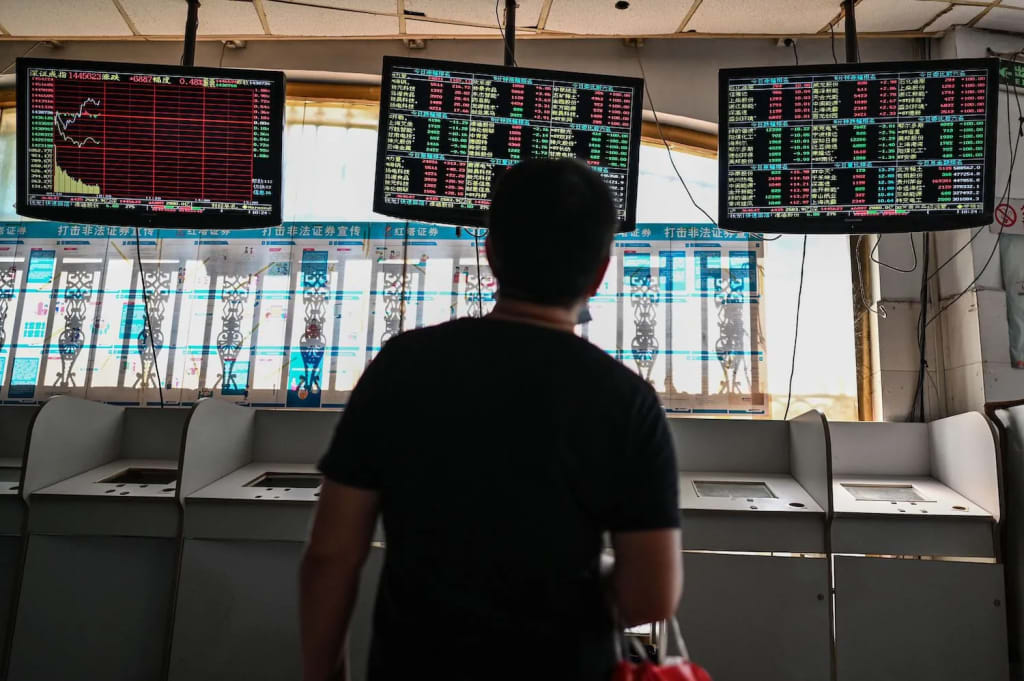
Applause and music mark the beginning of the story that takes place at the end of March 2023. Hiroshiyama, a 50-year-old executive who worked for Estelas Pharma, a major pharmaceutical company in Japan, disappears on his last day in China after having worked there for 20 years. He soon finds out that he was detained by Chinese police and accused of espionage, thus becoming the 18th Japanese to be detained for this reason since 2015.
Spying allegations have become a worrying trend in China, with state media pointing fingers at consulting and auditing firms, which appear to be under investigation by national security agencies. This situation has led China to become the second country with the highest political risk in the world, according to the Oxford Analytica political risk survey. As a result, more and more companies are considering diversifying their production activities outside of China.
The text explores the reasons behind this wave of espionage accusations and the possible economic implications for China. It raises the question of whether the Chinese government is using the spying legislation as a tool to pressure or punish foreign companies and cut ties with them.
It goes back in time to analyze the origin of this situation, highlighting that in 2014, a year after Xi Jinping became president of China, a new counter-espionage law was approved that expanded the powers of national security agencies. This law allowed for the seizure of assets and property and gave these agencies the authority to prosecute activities deemed detrimental to national security.
The Chinese government has tightened its control in recent years, imposing restrictions on data exports and increasing control over cyberspace. Numerous cases of the arrest of foreign citizens and employees of foreign companies in China on espionage charges have been reported.
The situation in China regarding espionage accusations has reached alarming levels. Since 2015, a total of 18 Japanese citizens have been arrested and charged for this offence. Even a US citizen was sentenced to life in prison in May 2023 for alleged espionage activities.
These accusations are not limited to isolated cases, but have also been directed towards consulting and auditing companies. Several Chinese multinationals are reportedly under investigation by national security agencies. This has led to China ranking as the second most politically risky country in the Oxford Analytics Political Risk Index, behind only Russia.
International companies are beginning to consider diversifying their manufacturing activities outside of China due to concerns raised by these allegations and the change in counterintelligence legislation. The decisions of the Chinese government are generating concern in many multinationals.
The situation began to escalate in 2014, when a counterintelligence law was passed that expanded the powers of national security agencies in China. This law allowed for the confiscation of goods and property related to activities considered detrimental to national security. Since then, there have been numerous arrests of foreign and national citizens accused of espionage.
In 2022, new data export restrictions came into effect in China, making it more difficult for foreign companies and investors to access accounting information, patents and other data sources. This has negatively affected the analytical and decision-making capacity of many companies.
In April 2023, a vast expansion of China's anti-espionage law was passed. This reform has raised concerns because it broadens the scope of the law, giving the Chinese government the power to define what is considered national security. In addition, control over cyberspace is increased and law enforcement is given more power to inspect and confiscate electronic devices.
The reform also obliges Chinese citizens and organizations to report any suspicion of espionage, under the risk of being considered complicit if they do not. In addition, people under investigation or who are considered a risk to national security are prohibited from leaving the country. These measures have raised concerns among companies and professionals working in China.
The reform of the counter-espionage law directly affects the operation of private companies, since any type of information or data can be considered sensitive and related to national security. This makes it difficult for companies to operate and can lead to unfair accusations of espionage.
Importantly, these restrictions and spying allegations have a significant impact on international businesses and the Chinese economy in general. Many companies are evaluating the possibility of diversifying their operations outside of China to mitigate the associated risks.





Comments
There are no comments for this story
Be the first to respond and start the conversation.